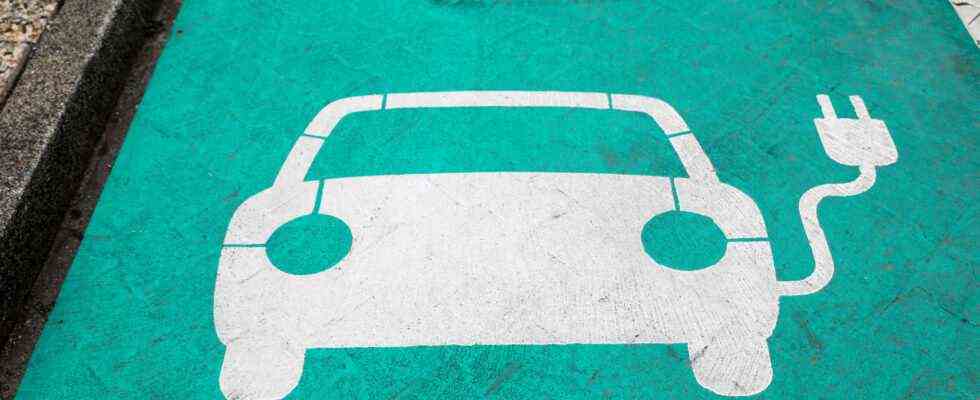Status: 07/12/2021 10:29 a.m.
If it goes according to the plans of EU Commissioner Frans Timmermans, the combustion engines are threatened with extinction from 2035. For this, however, a massive expansion of the charging stations is necessary, demands the automotive industry.
This Wednesday the EU Commission wants to publish its new CO2 targets for the auto industry. While Climate Commissioner Frans Timmermans is in favor of a combustion engine off in 2035, Internal Market Commissioner Thierry Breton does not want to achieve this goal until 2040 at the earliest.
Regardless of the date on which the Commission sets itself, the desired reduction in CO2 emissions can only be achieved with an adequate charging infrastructure. BMW boss Oliver Zipse, who is also president of the European automaker association Acea, made this clear once again. For every further percentage point of the tightening of the target, at least 200,000 additional public charging points for electric vehicles are required – beyond the three million required in 2030, he said in an interview with the dpa news agency.
27 times more charging stations are required
The EU Commission also knows that the e-charging network has to be massively expanded. According to their calculations, a further 50 percent reduction in CO2 emissions by 2030 will require around six million public charging points. “With fewer than 225,000 units today, this should correspond to an increase by a factor of 27 in less than ten years,” said Zipse. The BMW boss emphasized that it is not just a matter of formulating ambitious climate protection goals, politics must also create the conditions for implementing them. To do this, it is necessary to create binding specifications for more charging infrastructure.
Green party leader Anton Hofreiter has also called for a “massive acceleration” in the expansion of the charging infrastructure for electric cars. “I consider ten billion euros to be the adequate amount of public investment that we have to make quickly to expand the charging stations,” said Hofreiter to the “Business Insider”. He can understand the complaints of the bosses of VW, BMW and Daimler because of the “poor density” of public charging stations. The Ministry of Transport paid too little attention to this.
Almost 15 percent want to buy electric cars
Meanwhile, electric cars are enjoying growing popularity. In the course of twelve months, well over half a million vehicles with purely electric or plug-in hybrid engines have been newly registered in Germany – more than in all previous years combined. This means that e-cars are no longer a niche product.
According to a survey by the Verivox portal, 14.6 percent of potential car buyers between the ages of 18 and 69 want their next car to be an all-electric car. In terms of popularity, e-cars are still far behind petrol engines, which are preferred by almost 38 percent, but ahead of diesel with twelve percent. For the representative online survey, the market research institute Innofact asked 1000 people in June.

